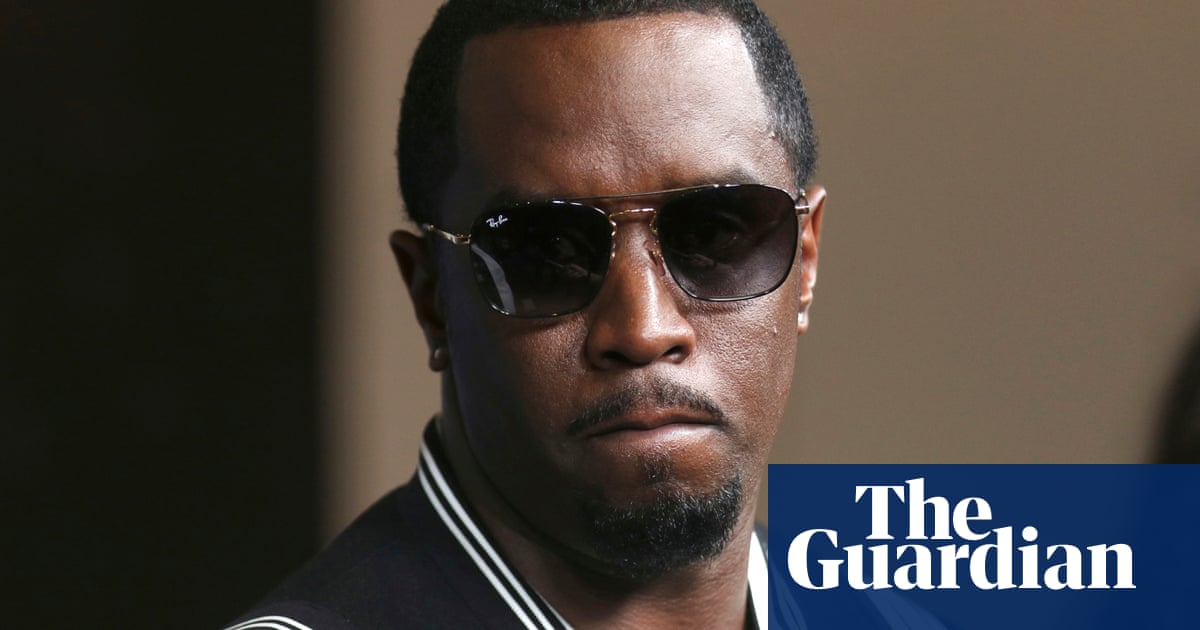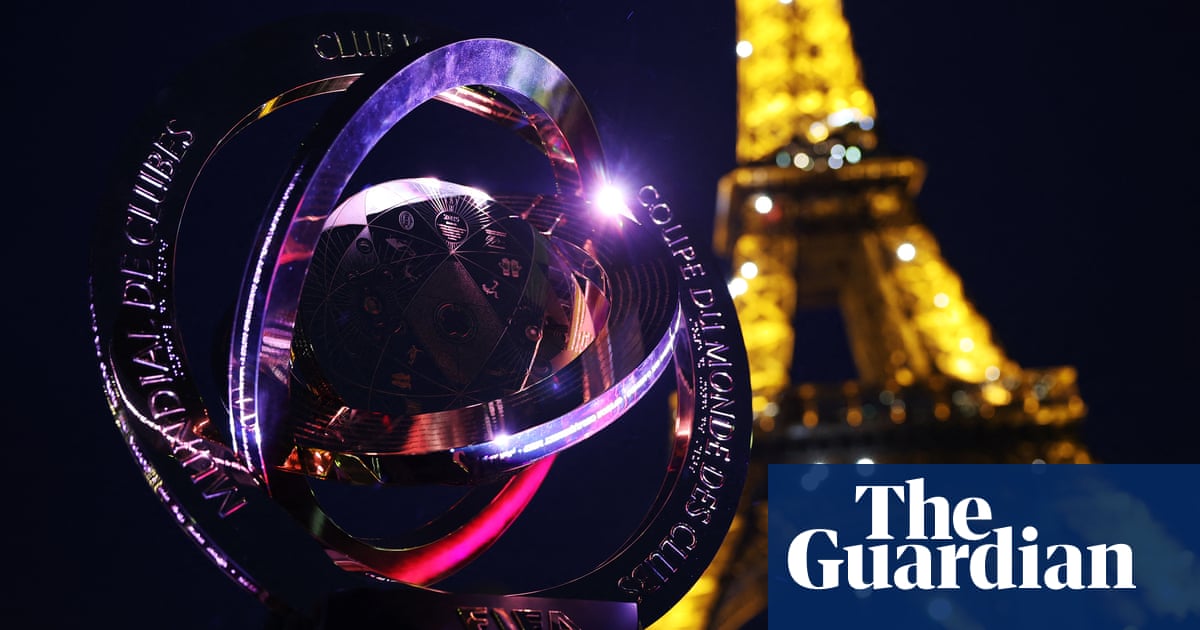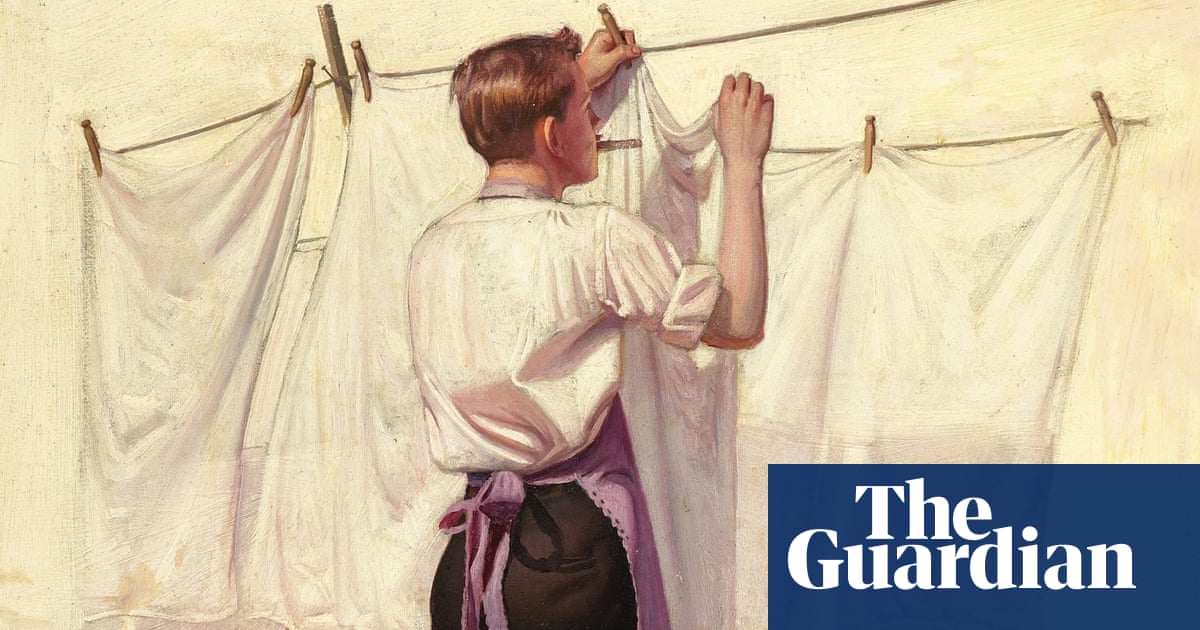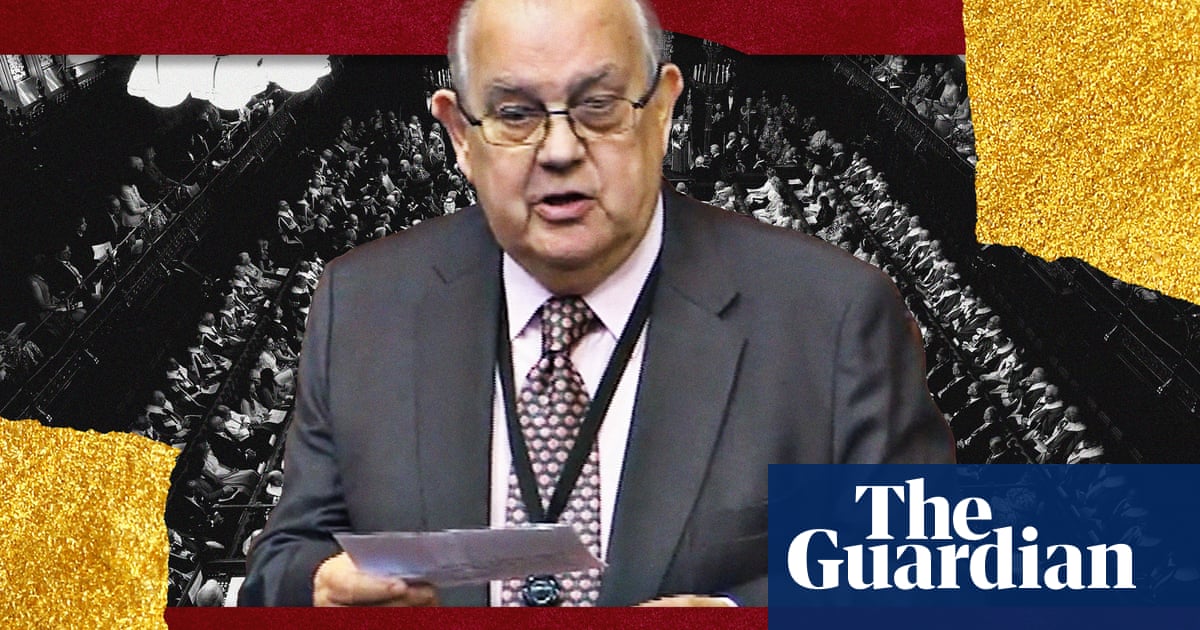-
Ukraine appears to have resolved some of its shortages of troops fighting against Russia, including by widening the pool of eligible recruits, the top US general in Europe, Christopher Cavoli, said on Thursday. He also underscored that any US cutoff of weapons and intelligence would be extremely harmful to the Ukrainian war effort, despite Kyiv’s attempts to diversify its weapons suppliers.
-
Under questioning from senators in Washington, Cavoli, commander of US European command and the Nato supreme allied commander Europe, said Ukraine depended on the US for larger anti-aircraft and missile defence systems. “If the Ukrainians were not able to receive intelligence from us, they would struggle to target, especially in-depth operational level targets such as command posts, logistics areas and things like that.”
-
Cavoli said Ukrainian forces were holding territory the Russian region of Kursk, and Moscow had lost about 4,000 tanks in the war – which would be nearly the total of the US tank fleet.
-
European countries are already providing more than half of Ukraine’s ammunition needs, recently put at 2 million rounds by Volodymyr Zelenskyy, the EU foreign policy chief, Kaja Kallas, said on Thursday. “These things are moving very well … we need to get the help to Ukraine as fast as possible.”
-
The Czech-led drive to supply Ukraine with artillery ammunition has received further financing to keep deliveries running until September, the Czech foreign minister, Jan Lipavsky, said on Thursday before a meeting of Nato foreign ministers. The initiative received new financing from Canada, Norway, Denmark and the Netherlands, he said.
-
Fierce battles were reported on Thursday in Russia’s western Kursk region, where Ukrainian forces continue to hold territory and hundreds of Kyiv’s troops are reported to have holed up in a monastery. Russia’s defence ministry and pro-Russian war bloggers reported heavy battles under way in Gornal, Guevo and Oleshnya, neighbouring villages that hug the border with Ukraine’s Sumy region. There was no immediate comment from Ukraine and Reuters said it could not independently verify the reports.
-
Volodymyr Zelenskyy visited Ukraine’s northern Sumy region across the border from Kursk on Thursday. “We are working to protect our positions. We are aware of what the enemy is counting on,” he said. “In any case, we will protect our state, our independence, our people.” Kyiv’s top general warned last week that Russian forces were stepping up attacks along the north-eastern border in a bid to break into Sumy.
-
Russian claimed its troops had taken control of the settlements of Vesele and Lobkove in eastern Ukraine. Reuters said it could not independently confirm the battlefield claim.
-
A Russian drone attack on Kharkiv hit dwellings and triggered fires late on Thursday, killing at least two people and injuring 32, local officials said. Kharkiv, in north-eastern Ukraine, has been subject to nearly nightly Russian drone attacks in the past week. In the south-eastern city of Dnipro, three people were injured in a mass drone attack, the regional governor said. In the Zaporizhzhia region further south, one person was injured during drone strikes, the regional governor said.
-
Russia on Thursday declared the Elton John Aids Foundation (EJAF) an “undesirable” organisation, outlawing the HIV treatment and prevention group from operating in the country. Elton John is popular in Russia, as Pjotr Sauer writes, and has performed there more than two dozen times, dating back to the Soviet era. Since launching its full-scale war on Ukraine in 2022, Moscow has waged a Soviet-style crackdown on rights groups and NGOs. Among those labelled as “undesirable” are the World Wildlife Fund, Greenpeace, Transparency International and Radio Free Europe/Radio Liberty.
-
The US secretary of state, Marco Rubio, has told Nato members that Washington remains committed to the alliance but they must massively ramp up their defence spending targets. Ahead of Nato’s June summit in The Hague, Donald Trump has demanded the alliance more than double its current spending target to 5% of GDP – more than any member, including Washington, spends now. Poland hit 4.7% this year and is aiming for 5% next year. The Nato chief, Mark Rutte, said: “Great things are happening. Over the last couple of months, we literally see hundreds of billions of euros rolling in.”
-
Ukraine’s foreign minister, Andriy Sybiga, said as he met Nato counterparts that “it is time to increase pressure on Moscow … While the media attention is on global trade wars, we must not forget there is a real, full-scale war going on in Europe.” On the Trump tariffs, Norway’s foreign affairs minister, Espen Barth Eide, said: “It’s important to understand that we grow faster and better together, that if we want to build resources for a stronger defence, we need to have economic growth. Protectionism will not do us any good.”
-
The US has withdrawn from the ICPA, an international group collecting evidence of potential Russian war crimes in Ukraine, the president of its parent body, Eurojust, said on Thursday. Michael Schmid said: “We of course regret that but at the same time we obviously continue the work with the [other] participants.” The ICPA brings together investigators from several countries under the umbrella of Eurojust, an EU judicial body.
-
A Russian court has sentenced a man to 14 years’ jail for setting fire to railway equipment in an act of pro-Ukraine sabotage. Russia has been hit by dozens of sabotage attacks since the war started, many targeting its vast railroad network. Stanislav Ilchuk, 23, set fire to a box connected to the railway tracks in the south-western Volgograd region, according to the region’s court press service. On Wednesday, a court in the neighbouring Saratov region sentenced two 24-year-old men to 14 and 12 years in prison for setting a railway signals box ablaze.

 17 hours ago
6
17 hours ago
6













































